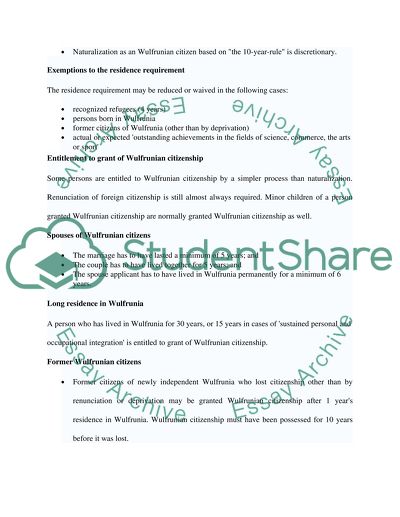Cite this document
(“Nationality, Immigration and Asylum Law Essay Example | Topics and Well Written Essays - 1500 words”, n.d.)
Retrieved from https://studentshare.org/law/1520271-nationality-immigration-and-asylum-law
Retrieved from https://studentshare.org/law/1520271-nationality-immigration-and-asylum-law
(Nationality, Immigration and Asylum Law Essay Example | Topics and Well Written Essays - 1500 Words)
https://studentshare.org/law/1520271-nationality-immigration-and-asylum-law.
https://studentshare.org/law/1520271-nationality-immigration-and-asylum-law.
“Nationality, Immigration and Asylum Law Essay Example | Topics and Well Written Essays - 1500 Words”, n.d. https://studentshare.org/law/1520271-nationality-immigration-and-asylum-law.


